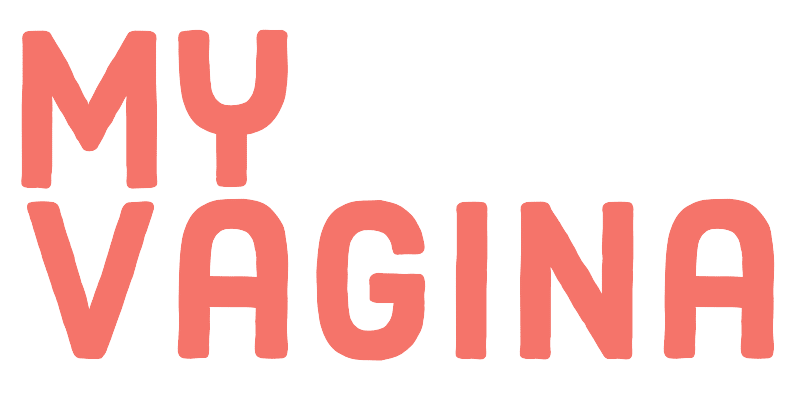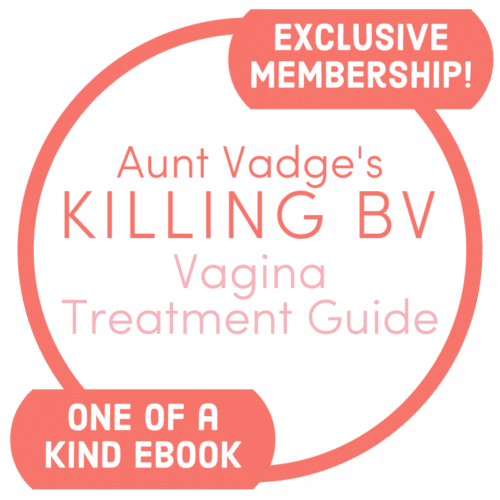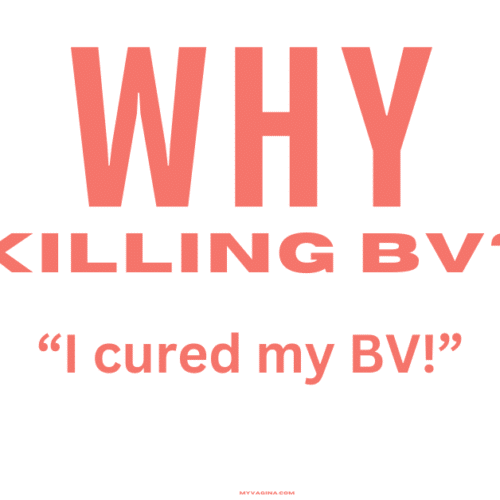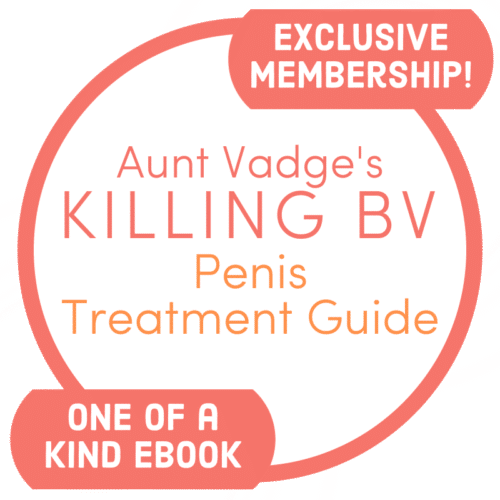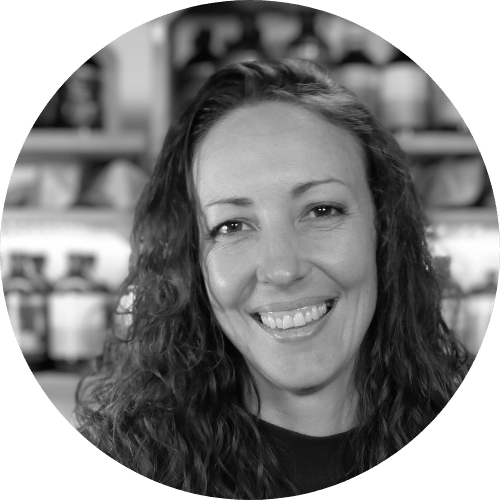Gallbladder removal and your hormones
If you are living sans a gallbladder, you may have noticed a few new problems springing up over time. This is because your gallbladder plays an integral role in digestion and the management of your hormones.
Common issues faced after gallbladder removal include unusual weight gain and just feeling like things are not the same. It’s true: things are not the same.
Gallbladder removal surgery is a big deal for your body. The immediate impact of any surgery is a stress and inflammatory response that causes changes to your hormonal balance and metabolism, for weeks or months.
Some of you will come out unscathed from the surgery, but may experience further side effects of having no gallbladder and missing important bile.
Gallbladder removal and your hormones
We know that pregnancy, long-term use of oral contraceptives and hormone therapy all contribute to the formation of gallstones. The reason is that when oestrogen and progesterone are present in large amounts, the bile system is altered in a few key ways.
We end up with a sluggish gallbladder, sticky bile that clumps together, and more cholesterol versus bile salts. Bile helps us to clear sex hormones like oestrogen by binding to the hormone and escorting it out of the body safely.
Many without a gallbladder suffer from what’s known as oestrogen dominance or relative oestrogen excess.
What is bile and what does it do?
Bile is the substance produced by your liver and stored in your gallbladder. Bile emulsifies fat in your intestines so it can be absorbed.
If you don’t have bile, and eat a fatty meal, the result can be diarrhoea – all the fat that couldn’t be absorbed ends up in the toilet.
What is oestrogen excess or relative oestrogen dominance?
There are many reasons why we could end up in a state of oestrogen dominance – where there is more oestrogen than progesterone – but losing your gallbladder can add to this state.
Progesterone and oestrogen typically balance each other out by opposing each other. Bile, among other pathways of elimination of hormones, catches the oestrogen in the bowel, and instead of letting it get reabsorbed into your bloodstream, it is carried out of the body, inactive.
Bile is an important method of eliminating oestrogens.
Your diet means a lot when you don’t have a gallbladder
The first issue without a gallbladder is your ability to digest fats is snatched away from you. No bile means very little fat digestion occurs.
A very healthy, low-fat diet is, therefore, your safety net for not having wild bowels after eating, but also in managing hormone clearance from your body.
STORY TIME
A woman got her gallbladder removed in emergency surgery. Three weeks later, she went back for her checkup and explained that she’d had non-stop diarrhoea since she left the hospital.
The doctor asked her what she was eating, and when she got to ‘cheese’, he laughed and said, “Oh dear, you can’t eat cheese! You can’t eat fat anymore. Didn’t anyone tell you that?” No. They did not.
She went to visit her aunty, who had also had her gallbladder removed two decades prior, and relayed the conversation. Her aunty exclaimed, “Oh my goodness, I’ve had diarrhoea for 20 years, and I had no idea why!” Turns out some doctors aren’t very good at post-op instructions.
How diet matters
Eat a diet high in fibre and nutrients – lots of vegetables. It can help to eat a plant-based diet to help you adjust.
A diet high in meat changes your gut microbiome to favour bacteria that unbind bound oestrogens, so anyone with a diet high in meat will find that they have more oestrogens floating around.
You are more likely to have issues digesting milk, cheese, and yoghurt, as they typically contain high amounts of fat.
Low-fat options aren’t always better for you, though. Skim or low-fat milk products are known to act like insulin, and insulin stimulates the ovaries to produce androgens (like testosterone). Testosterone is then converted into oestrogen in your fat cells, so the more fat you are carrying, the more testosterone is converted into oestrogen.
We use the 80:20 rule – if you do the right thing 80 per cent of the time, you can do what you like (within reason for your body) the rest of the time. Vegetarian or vegan cookbooks have a lot to offer us all in terms of making vegetables and legumes delicious, and getting all the nutrients you need to have a happy body.
You need to care for your liver, as your liver also processes your hormones. Liver care means stimulating and encouraging liver detoxification but not overloading it.
Overloading the liver may include poor food choices, being in unhealthy/toxic environments, drinking too much alcohol or taking some medications/recreational drugs.
Each of you will have a different journey post-gallbladder removal, but you can make your existence much happier and healthier by following some general guidelines and listening to your body.
See a naturopath, nutritionist or herbalist for help during recovery, and as you go on your journey through life. Everything can be modified to account for your loss of bile and gallbladder!
